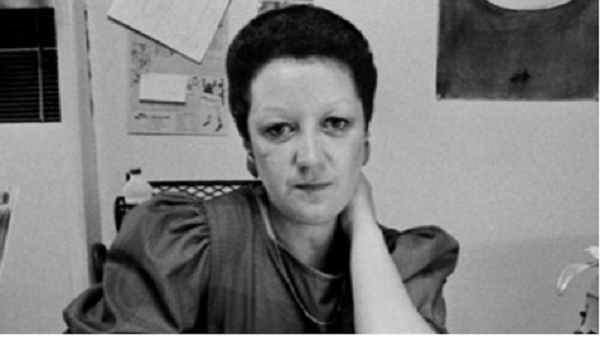Norma McCorvey: Looking Beyond Roe v. Wade
Roe v. Wade is the lynchpin case for the pro-life and pro-choice movement, and depending on where you fall either for or against, the death of Norma McCorvey over the weekend signifies the end of era, but not the end of the fight.
Norma McCorvey was the Jane Roe of the landmark Supreme Court case, Roe v. Wade, and at the age of 69, she passed away, leaving less of a legacy of activism and more of a smattering of quasi political involvement.
In 1969, Norma McCorvey was five months pregnant with her third child and wanted to get an abortion. The state of Texas, where she lived banned abortions unless the mother’s life was in danger. McCorvey sought out other alternatives, but she was poor and unable to afford anything more than a trip illegal clinic in Dallas. The clinic had been busted a week prior and when she peered through the windows, she saw an environment that was anything but sterile.
McCorvey was connected with two attorneys, Sarah Weddington and Linda Coffee, who were prepared to use Norma McCorvey and her story to rewrite to allow women the control over their bodies. McCorvey was hoping for the lawyers to use her story to persuade a judge to grant her an abortion, it would not be until the child was two and a half before the infamous case, Roe v. Wade would be decided by the Supremes.
On January 22, 1973, the Supreme Court of the United States ruled 7-2, held the legality of a woman’s right to have an abortion in the United States under the 14th Amendment to the Constitution. Justice Harry A. Blackmun, who wrote the majority opinion for the court, found the privacy rights under the due process and equal rights clauses of the 14th Amendment extended to a woman’s decision to have an abortion in a pregnancy’s first trimester “free of interference by the state.”
McCorvey learned of the Supremes decision by reading the newspaper and would soon find herself at the epicenter of a the most divisive court ruling to ever be handed down by the Supreme Court. The Roe v. Wade decision became a talking point on the campaign trail and a political football for both sides of the culture wars.
For Norma McCorvey, her life was made up of a series of moments with failed attempts to find her place in the world. In the 1980’s Norma McCorvey came forward and revealed herself as Jane Roe, the public’s reception was less than stellar, and instead, Norma received death threats, and was spat at on the street. McCorvey joined a Washington abortion rights rally where she appeared on the speakers panel alongside, Gloria Steinem, Jane Fonda, Cybill Shepherd and Glenn Close.
But the tides for McCorvey would change in 1995, when she became a born again Christian and switched sides of the abortion debate. Jane Roe found herself on Capitol Hill in 1998 when she gave testimony to a Senate subcommittee stating, “I am dedicated to spending the rest of my life undoing the law that bears my name.”
Norma’s new found voice on the opposing side of a law she served as the catalyst for left her unnerved and a decade after joining the anti-abortion crusade, she petitioned the Supremes to overturn her case, Roe v. Wade, claiming abortions harmed women. The petition was denied and the Supremes called Jane Roe’s issue moot.
Norma McCorvey’s existence as Jane Roe was riddled with strife from both sides of the abortion debate at one time or another, and while McCorvey’s alias of Jane Roe will live on in infamy. It is apparent by tracing McCorvey’s life over, she had no idea the fire she would ignite or the mark she would leave on history. Like most deaths of people whose story are woven into the pages of history, the broad strokes in which Roe v. Wade has painted on our nation’s culture is something that will live on long after Norma McCorvey’s name is forgotten.

